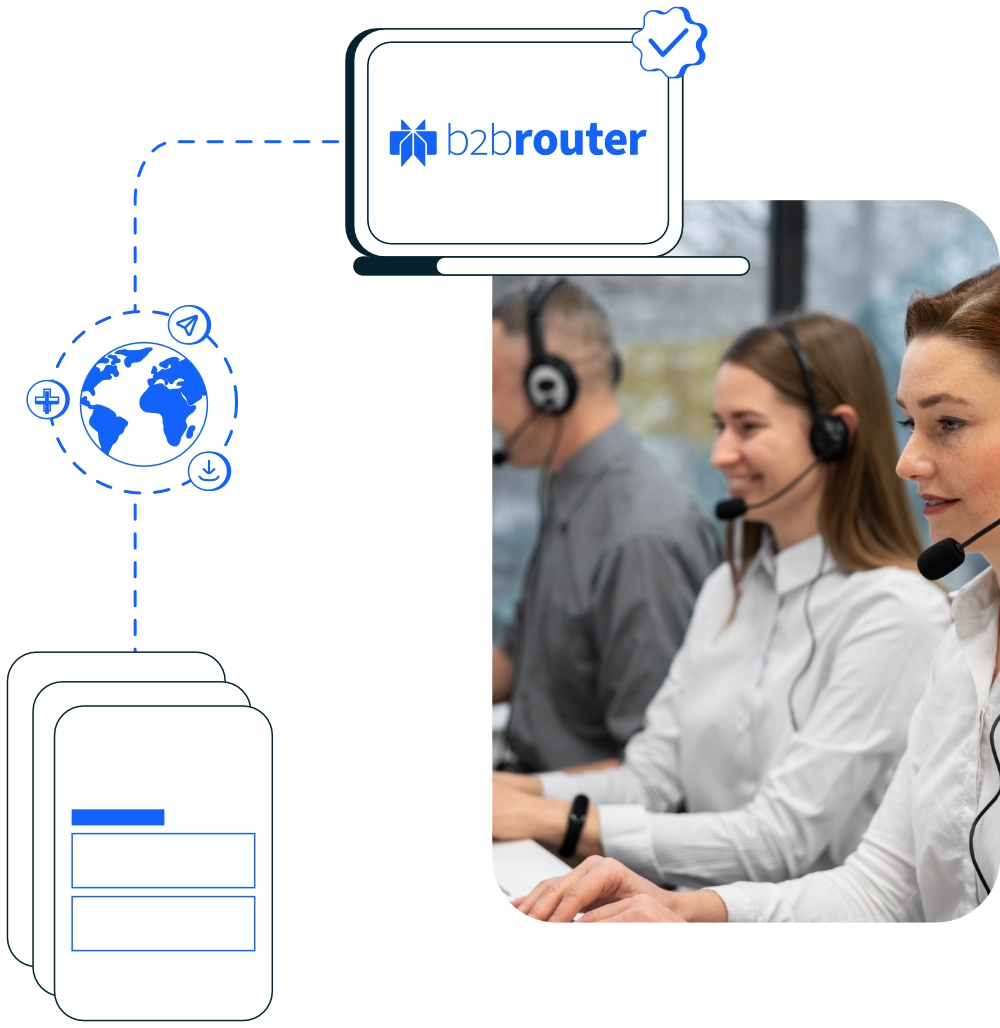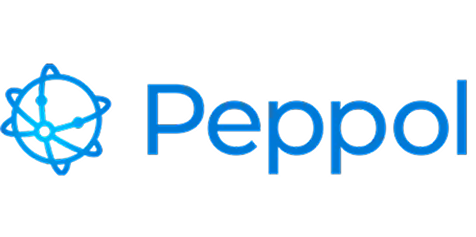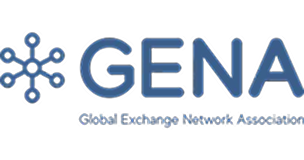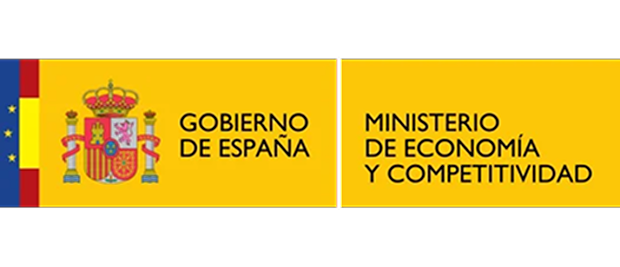Germany is undergoing a significant transformation in its invoicing landscape. The country has set a clear timeline for the adoption of mandatory electronic invoicing (e-invoicing) in the B2B sector. Starting January 1, 2025, all businesses must be capable of receiving structured e-invoices compliant with the European standard EN 16931. Subsequent phases will see the obligation to issue such invoices, culminating in full compliance by January 1, 2028.
The German e-invoicing framework emphasizes interoperability and standardization. Accepted formats include XRechnung, ZUGFeRD, and Peppol BIS Billing 3.0, all aligning with EN 16931 requirements. While there is no centralized platform mandated for B2B transactions, the use of networks like Peppol facilitates seamless exchange of electronic documents. B2Brouter, as a certified Peppol Access Point, enables businesses to send and receive compliant e-invoices efficiently, ensuring adherence to both national and international regulations.
Understanding the nuances of Germany’s e-invoicing regulations is crucial for businesses operating within or with German entities.
Important dates
January 1, 2027
Businesses with an annual turnover exceeding €800,000 must issue e-invoices in EN 16931-compliant formats.
December 31, 2027
Final date for small businesses (turnover ≤ €800,000) to issue paper or unstructured electronic invoices, with recipient consent.
Legislation
- Mandatory B2G invoicing
Since November 27, 2020, electronic invoicing is mandatory for suppliers to federal public administrations in Germany.
- B2B e-invoicing mandate
Starting January 1, 2025, all businesses must be capable of receiving structured e-invoices. Issuing becomes mandatory for companies with turnover over €800,000 from January 1, 2027, and for all businesses from January 1, 2028.
- Cross-border invoicing
For cross-border transactions, the Peppol network facilitates standardized e-invoicing, aligning with European interoperability standards.
- Cross-border transactions
For cross-border transactions, the Peppol network facilitates standardized e-invoicing, aligning with European interoperability standards.
- Penalties for non-compliance
Failure to adhere to e-invoicing regulations, including improper archiving or late issuance, may result in penalties up to €5,000 per offense.
Accepted formats
Germany accepts structured invoice formats compliant with EN 16931, including XRechnung, ZUGFeRD (from version 2.0.1), and Peppol BIS.
Delivery channels
Invoices can be transmitted via various channels such as the ZRE and OZG-RE portals, or through certified Peppol Access Points.
Regulating authority
The Coordination Office for IT Standards (KoSIT) oversees the development and maintenance of e-invoicing standards in Germany.
Send e-invoices to Germany securely with B2Brouter
Easy compliance with German law
Send and receive e-invoices that fully comply with Germany’s e-invoicing regulations, including EN 16931 and Peppol.
Multi-format compatibility
Support for XRechnung, ZUGFeRD, and Peppol BIS ensures your invoices meet format requirements automatically.
Automated invoice delivery
Connect with clients and public bodies through automated channels, including ZRE, OZG-RE, and Peppol.
Seamless Peppol integration
Operate across Germany and the EU using a certified Peppol Access Point for fast, secure invoice exchange.

Certifications
B2Brouter is certified with the ISO 27001 standard on information security management, certified as a Peppol Access Point Service Provider and a member of the EESPA.





